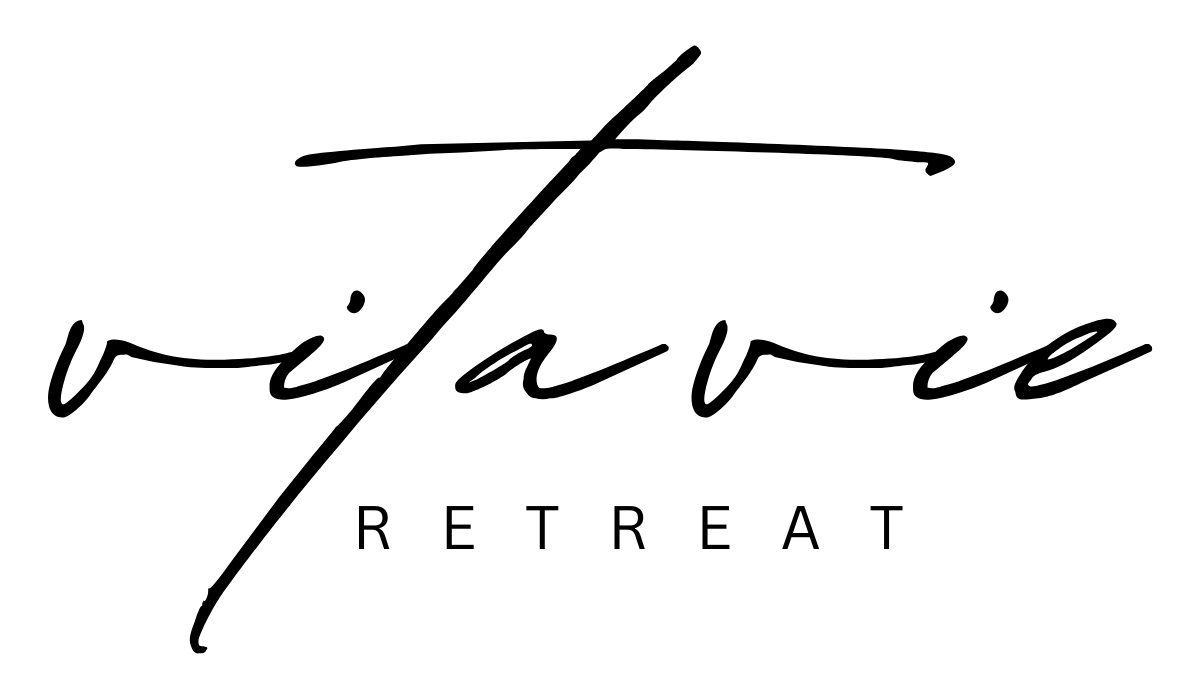The Role of Supplementation: Enhancing Nutrition, Not Replacing It
/
In the quest for optimal health and wellness, many individuals turn to supplements to fill potential nutrient gaps and enhance their overall well-being. While supplementation can indeed offer numerous benefits, it's essential to understand that they are meant to complement, not substitute, a balanced diet rich in whole foods. In this blog post, we'll explore the reasons why supplementation can be beneficial and emphasize the importance of prioritizing quality nutrition as the foundation of good health.
The Benefits of Supplementation
1. Nutrient Support: Despite our best efforts to maintain a healthy diet, it can be challenging to obtain all essential nutrients solely from food. Supplements can provide a convenient and reliable way to ensure adequate intake of vitamins, minerals, and other vital nutrients that may be lacking in our diets.
2. Targeted Health Goals: Whether it's supporting bone health with calcium and vitamin D, bolstering immune function with vitamin C and zinc, or improving cognitive function with omega-3 fatty acids, supplements can be tailored to address specific health concerns or goals.
3. Convenience and Accessibility: In today's fast-paced world, busy schedules and on-the-go lifestyles can sometimes make it difficult to prioritize nutrition. Supplements offer a convenient and accessible solution for obtaining essential nutrients, especially for individuals with hectic routines or dietary restrictions.
4. Compensating for Dietary Gaps: Despite our best intentions, dietary gaps can still occur due to factors such as food preferences, seasonal variations in produce availability, or specific dietary restrictions. Supplements can help bridge these gaps and ensure consistent nutrient intake.
5. Supporting Overall Wellness: From antioxidant-rich vitamins like vitamin E to adaptogenic herbs like ashwagandha, supplements can play a valuable role in supporting overall wellness and optimizing health outcomes.
The Importance of Quality Nutrition
While supplementation can offer numerous benefits, it's crucial to recognize that they are not a substitute for a healthy, balanced diet. Here's why prioritizing quality nutrition should always come first:
1. Nutrient Synergy: Whole foods contain a complex matrix of nutrients, phytochemicals, and fiber that work synergistically to promote optimal health. While supplements may provide isolated nutrients, they cannot replicate the synergistic interactions found in whole foods.
2. Bioavailability: Nutrients in whole foods are often more readily absorbed and utilized by the body compared to those from supplements. Factors such as nutrient form, food matrix, and digestive processes can influence the bioavailability of nutrients, highlighting the importance of obtaining nutrients from whole food sources whenever possible.
3. Dietary Diversity: A diverse diet rich in fruits, vegetables, whole grains, lean proteins, and healthy fats provides a wide array of nutrients essential for health. While supplements may offer individual nutrients, they cannot replace the nutritional diversity and complexity found in a varied diet.
4. Healthy Habits: Prioritizing whole foods encourages healthy eating habits and fosters a positive relationship with food. Unlike supplements, which may be viewed as a quick fix or shortcut, whole foods promote mindful eating and a holistic approach to nourishment.
5. Long-Term Sustainability: While supplements can provide short-term benefits, sustainable health outcomes are best achieved through a balanced diet and lifestyle habits that prioritize whole foods, regular physical activity, adequate sleep, and stress management.
Finding Balance
Ultimately, the key to optimal health lies in finding balance and synergy between supplementation and quality nutrition. Here are some tips for integrating supplements into a healthy lifestyle:
1. Consult with a Professional: Before starting any new supplement regimen, it's essential to consult with a qualified professional, such as a registered dietitian, health coach, or physician, to assess individual nutrient needs and ensure supplements are safe and appropriate.
2. Focus on Whole Foods: Prioritize a varied diet rich in whole foods, including fruits, vegetables, whole grains, lean proteins, and healthy fats, as the foundation of good nutrition. Aim to obtain the majority of nutrients from food sources whenever possible.
3. Choose Quality Supplements: Select supplements from reputable brands that undergo rigorous testing for quality, purity, and potency. Look for third-party certifications, such as NSF International or USP Verified, to ensure product quality and safety. Thorne is our recommended supplement brand.
4. Avoid Mega-Dosing: While some nutrients may require higher doses for therapeutic purposes, avoid excessive or unnecessary supplementation, as this can pose risks of toxicity and imbalances.
5. Monitor and Adjust: Regularly assess your nutritional needs, lifestyle habits, and health goals, and adjust your supplement regimen accordingly. Remember that supplementation should complement, not replace, a healthy diet and lifestyle.
STAPLE SUPPLEMENTS TO CONSIDER AS ADDITIONS TO YOUR DIET
There are a few quality, staple supplements to consider adding to your daily intake as a way to fill in gaps and ensure you’re getting all of the nutrients you need.
Multivitamin: Basic Nutrients - A daily multi-vitamin/mineral supplement is more important than many people realize. Because it can be difficult to consume five daily servings of vegetables and fruits, few of us get all the nutrition we need from our diet. Basic Nutrients 2/Day uses the purest and most absorbable vitamins and minerals – without adding unnecessary additives and preservatives. It provides an excellent nutritional foundation to supplement a healthy diet, all in a convenient two-capsule-a-day protocol - Get it Here
Multivitamin: Advanced Nutrients - Advanced Nutrients is expertly formulated with essential vitamins, minerals, and additional nutrients from the purest sources and in the most absorbable forms. It provides optimal amounts of key ingredients to create an excellent foundation for good health. This advanced formula offers extra antioxidants that protect your body against cellular damage. - Get it Here
Probiotics - FloraMend is a quality support for immune and gut health. A healthy gut is key to overall wellness. Digestive health, immune function, and the state of your mood are dependent on the health of your gut and its microbiome. Support your gut health and much more with Thorne’s FloraMend Prime Probiotic.
B Complex - Thorne’s Basic B Complex formula contains the active forms of the B vitamins, making it easy for your body to absorb them. This comprehensive blend provides multiple benefits to support your lifestyle, such as helping convert food into fuel and enhancing cellular energy. Because most B vitamins don’t remain in the body, they must be acquired from diet and supplementation to help maintain optimal health. - Get it Here
SAY HELLO TO HEALTHY WEIGHT LOSS WITH THE MEDITERRANEaN DIET REFRESH
One of our most complete programs, the Mediterranean Diet is touted as one of the healthiest in the world. It’s naturally anti-inflammatory and promotes a balanced lifestyle that you can live with for good. With our program, you’ll enjoy:
9 week guided journey
Over 200+ recipes
Done-for-you meal plans
Weight loss guidance
Customization for your own lifestyle
Progress tracking & more!
Get the Mediterranean Diet Refresh Today!






















